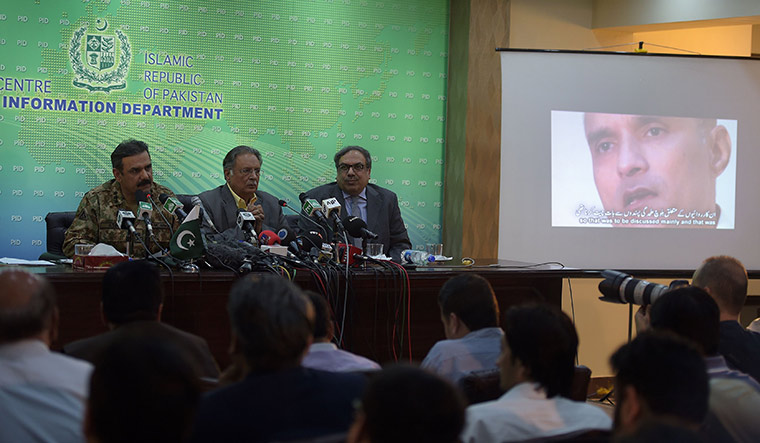INDIA
1. The International Covenant on Civil and Political Rights [ICCPR] establishes every human being’s inherent right to life, which shall be protected by law. Article 14 of the ICCPR entitles every person to a fair and public trial by an impartial tribunal.
2. There is a dispute regarding the interpretation of Article 36, Para 1 of the Vienna Convention, which provides for the following:
● Consular officers will be free to communicate with nationals of the sending state (in this case, India) and to have access to them. Nationals of the sending state will have the same freedom with respect to communication with and access to consular officers.
● If he so requests, competent authorities of the receiving state (in this case, Pakistan) shall without delay inform the consular post of the sending state, if a national of the sending state is detained in any manner. Any communication addressed to the consular post by the person arrested should be forwarded without delay. And the said authorities should inform the person of this without delay.
● Consular officers will have the right to visit a national—who is in prison, custody or detention—to “converse and correspond’’ with him and arrange for his legal representation. They shall also have the right to visit the national in pursuance of a judgment. Consular officers shall refrain from taking action on behalf of the national, if he expressly opposes it.
AVENA CASE
In 2003, Mexico dragged the US to the ICJ over 51 of its citizens who had not been informed of consular access and had been sentenced to death in Texas. Mexico argued that it was a violation of Article 36 of the Vienna Convention. On January 9, 2003, Mexico also asked the court to order the US to take all measures necessary to ensure that no Mexican national was executed pending a final decision by the court.
On February 5, 2003, the court unanimously gave an order in favour of Mexico. On March 31, 2004, in the judgment, the court found that the US had breached its obligations to Mexican nationals and to Mexico under the Vienna Convention. But, as the US has a federal structure, Texas refused to honour the verdict and went ahead with the execution. The case went up to the US Supreme Court, which held that the US Congress had not implemented laws to enable redress of violations of Article 36 of the Vienna Convention, or to enable enforcement of the ICJ’s decisions.
India has citied this case, to bolster its argument. (Pakistan is believed to have voted for a motion in the UN that asked the US to comply with the Avena judgment.) India has also citied other similar cases.
PAKISTAN
1. The ICJ has no jurisdiction to entertain India’s claim as India had signed “reservations’’ in its declaration in 1974, which prevented the court from entertaining cases involving two members of the Commonwealth. Pakistan has also referred to its own reservation of 2017, where “all matters relating to the national security’’ of Pakistan are excluded from compulsory jurisdiction of the court.
2. The Vienna Convention cannot be applied to those suspected of terrorism or espionage. The 2008 agreement (between India and Pakistan) on consular access qualifies the supplements of the Vienna Convention. Article 73, Para 2, provides that nothing precludes states from confirming or extending or amplifying the provisions of the convention. Pakistan has said that the 2008 agreement “amplifies’’ the convention. In the case of arrest, detention or sentence on “political or security grounds, each side may examine the case on its merits’’.

